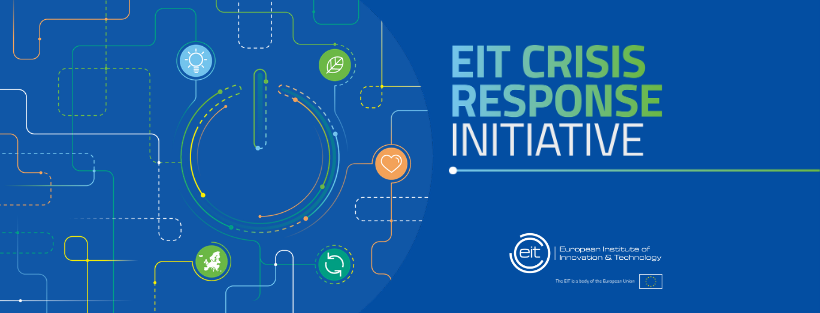

Navigating Crisis: Innovative Pandemic Response Initiatives
The ongoing pandemic has prompted a wave of innovative responses aimed at mitigating its impact and fostering resilience. In this article, we explore a range of pandemic response initiatives that have emerged to address the challenges and uncertainties faced globally.
Innovations in Healthcare Delivery
The pandemic has accelerated innovations in healthcare delivery, with a focus on enhancing accessibility and efficiency. Telehealth services, remote patient monitoring, and digital health platforms have become crucial tools, providing individuals with convenient and safe access to medical care while minimizing the risk of virus transmission.
Vaccine Development and Distribution Strategies
One of the most significant pandemic response initiatives has been the rapid development and distribution of vaccines. Scientific collaboration, research advancements, and global partnerships have resulted in the creation of multiple vaccines, marking a pivotal step toward achieving widespread immunity and curbing the spread of the virus.
Community-Led Support Networks
Communities worldwide have demonstrated resilience through the establishment of support networks. From local volunteer groups offering assistance to vulnerable populations to online community platforms facilitating information sharing and emotional support, these initiatives highlight the strength of collective action in times of crisis.
Education Technology and Remote Learning Solutions
The education sector has witnessed a surge in innovative solutions to adapt to the challenges of remote learning. Education technology tools, virtual classrooms, and online resources have played a pivotal role in ensuring the continuity of education, allowing students to engage in learning activities from the safety of their homes.
Flexible Work Arrangements and Remote Productivity Tools
The shift to remote work prompted the development and adoption of flexible work arrangements and productivity tools. Companies and employees alike have embraced digital collaboration platforms, video conferencing tools, and other remote work solutions, transforming the traditional work landscape and fostering adaptability.
Crisis Communication and Information Dissemination
Effective communication has been paramount in managing the pandemic. Crisis communication initiatives, including public health campaigns, transparent information dissemination, and timely updates from authorities, have played a crucial role in educating the public, addressing concerns, and promoting collective understanding of the evolving situation.
Supply Chain Resilience and Localized Production
The pandemic exposed vulnerabilities in global supply chains, prompting a shift toward enhancing resilience and localization. Initiatives focusing on diversified supply sources, increased local production of essential goods, and sustainable practices contribute to building more robust and adaptable supply chains.
Mental Health and Well-being Programs
Recognizing the mental health challenges posed by the pandemic, various initiatives have emerged to prioritize mental well-being. Employee assistance programs, virtual mental health resources, and community-driven mental health support networks aim to provide individuals with the tools and support needed to navigate stress and uncertainty.
Climate Action and Sustainable Practices
The pandemic has prompted a renewed emphasis on climate action and sustainable practices. Initiatives promoting environmental responsibility, green technologies, and sustainable business practices contribute to building a more resilient and eco-friendly post-pandemic world.
To stay updated on the latest pandemic response initiatives and their impacts, visit The Healthy Consumer – Pandemic Response Initiatives. This platform provides insights, resources, and articles on the innovative strategies shaping the response to the ongoing crisis, fostering a collective spirit of adaptation and resilience.







